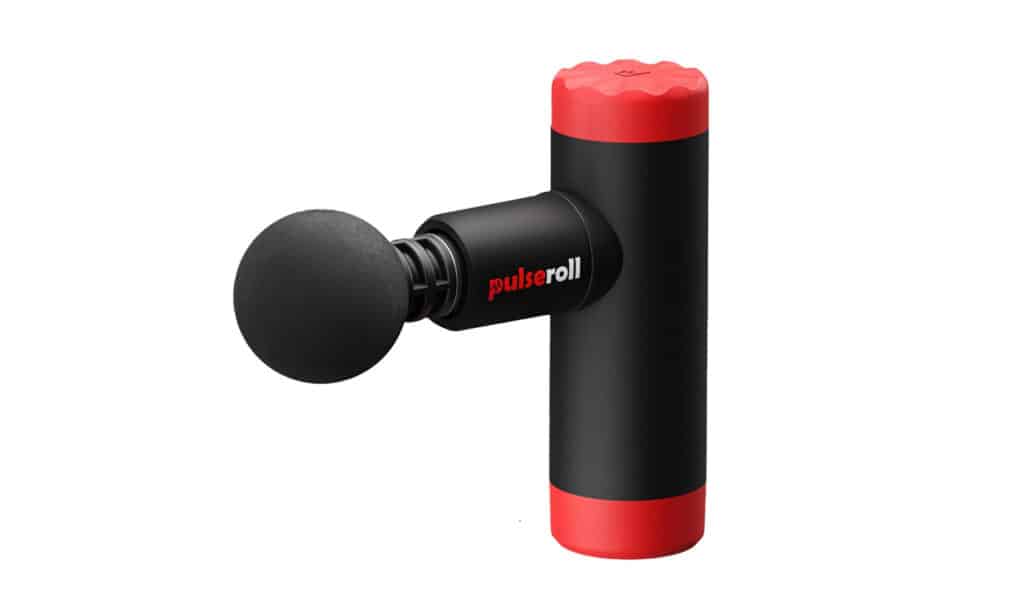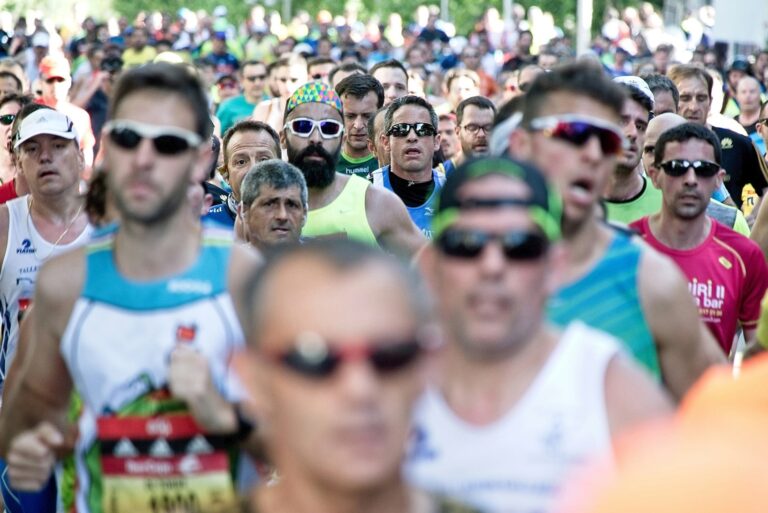


I’ve completed a few marathons now, and even the more recent ones where I have trained far harder, I’ve still experienced pain in the last 4 miles. What are your tips for preventing the pain, or overcoming/ignoring the pain in the final stages of a marathon?
Carly
Running coach answer: What are your tips for preventing the pain, or overcoming the pain in the final stages of a marathon?
Mike Gratton:
From your description, it seems that you expect to find the last four miles difficult, so you do. Could this be a psychosomatic issue more than a physical one?
Maybe. But clearly as you improve with more training then you will, likely, push yourself that bit harder, thus still reach that difficult bit.
I’m not sure what the pain is that you are experiencing. I always think that it is not pain that we experience at the end of a race, going to the dentist can cause pain. This feels different. A build-up of fatigue that gives you a dead legged feeling, that is hard to run through, is more what I think we experience.
Personally, I find this in the last 25% of any race, into the last mile of a 5km, or from 10 miles in a half marathon and, of course, the last 4 or 5 miles in a marathon.
This is because you set out at a pace that is commensurate with the race distance you are completing.
In a 5km the ‘pain’, if we call it that, is because you are running gradually into an anaerobic state, operating at 5km pace. To run that fast, you go through a process of glycolysis that produces waste in the muscles. The waste product of this glycolysis, the combination of oxygen and glycogen to create energy, is lactate, and this builds up the faster we go, and accumulates towards the end, as you are unable to supply all the oxygen your muscles need for the entire race. It then starts to affect your performance.
If you get it right, you will be able to hold your pace and sprint at the end, but if you get the early pace wrong by going out too fast, and you build the oxygen debt created too soon, it will cause you to slow down.
In a marathon there will be some anaerobic creep, and rise in heart rate, late in the race, as you deplete your glycogen stores. Oxygen debt happens in the last stages of a long race but not as drastically. This won’t be the reason you feel like you are running through soup!
The main reason will be that your energy supply is depleted, particularly your glycogen stores. It’s not the end of the world, in most cases you will be able to keep running off energy supplied to the muscles in a fat burning mode. However, your muscles don’t use fat to create energy as efficiently as they do when supplied by glycogen. Hence it feels much harder to maintain pace when you are mostly reliant on fat metabolism near the end.
The key here is to work out a pace, based on your ability, that preserves glycogen and encourages using fatty acid as an energy in the early part of the race. The faster you go the more the body has to use glycogen for energy, but at a slightly slower pace your body will be using glycogen and fatty acids at the same time, thus preserving glycogen, this is the pace you should be getting into. Getting this pace right is the all-important key to finishing strongly. It’s simple pace judgement, running at a pace per mile or km that you are sure you can maintain. It means keeping control of the early pace at a time when that pace feels relatively easy.
Even if you get the pace right, there will be a build-up of fatigue simply because you are pushing yourself for 26.2 miles. In some marathons, I got the pace wrong and ended up ‘blowing up’ or hitting the ‘wall’ as the expression goes. But even when I got it right, I still had to dig deep into mental toughness to keep the pace going through the inevitable fatigue that built up.
In both cases, I would get through the last few miles by breaking it down into small targets; count down the miles to the finish, target getting to certain interim places in good form, target the next drink station, target a landmark of the route (Big Ben at London), or where you expect friends and family to be watching, and bit-by-bit, you are getting closer to the end and, before you know it, able to keep pushing on until the finish line comes in sight.
Ready for a speedy marathon challenge? Take a read of our 4 hour pace marathon blog.
Have a running training question? Ask Mike for free, and we’ll share the answer online for everyone to benefit! Send your question over to us today.
Join our mailing list to stay up to date with the latest UK running events, training tips, and exclusive offers on running products. Rest assured, we value your privacy and would never dream of selling your address. Sign up now…

Share this article
Designed by our head coach, Mike Gratton, winner of the 1983 London Marathon, this 8-week...
If you have ADHD or anxiety, you might be familiar with the concept of a...
Running is a great way to stay fit and healthy, but it can also be...
I’ve seen many friends post up runs on Strava during marathon training, calling it a...
Marathon training is not just a path to enhanced fitness and stamina; it can also...
As a beginner looking to start training for a marathon, one of the most common...
We’re here to make sure you’re up-to-date with the latest running tips, events and product discounts – we’ve always got your back! Rest assured, we value your privacy and would never dream of selling your address.
BONUS: Sign up today and receive a FREE code for our Sub-4-Hour Marathon Plan
Your privacy settings
Manage Consent Preferences
Necessary
Analytics
Embedded Videos
Marketing
Facebook Advanced Matching
Facebook CAPI